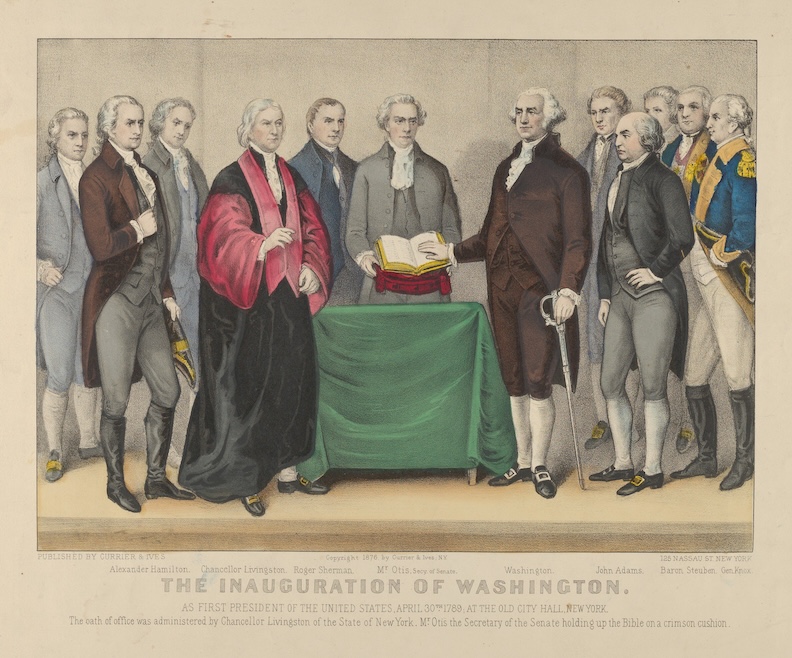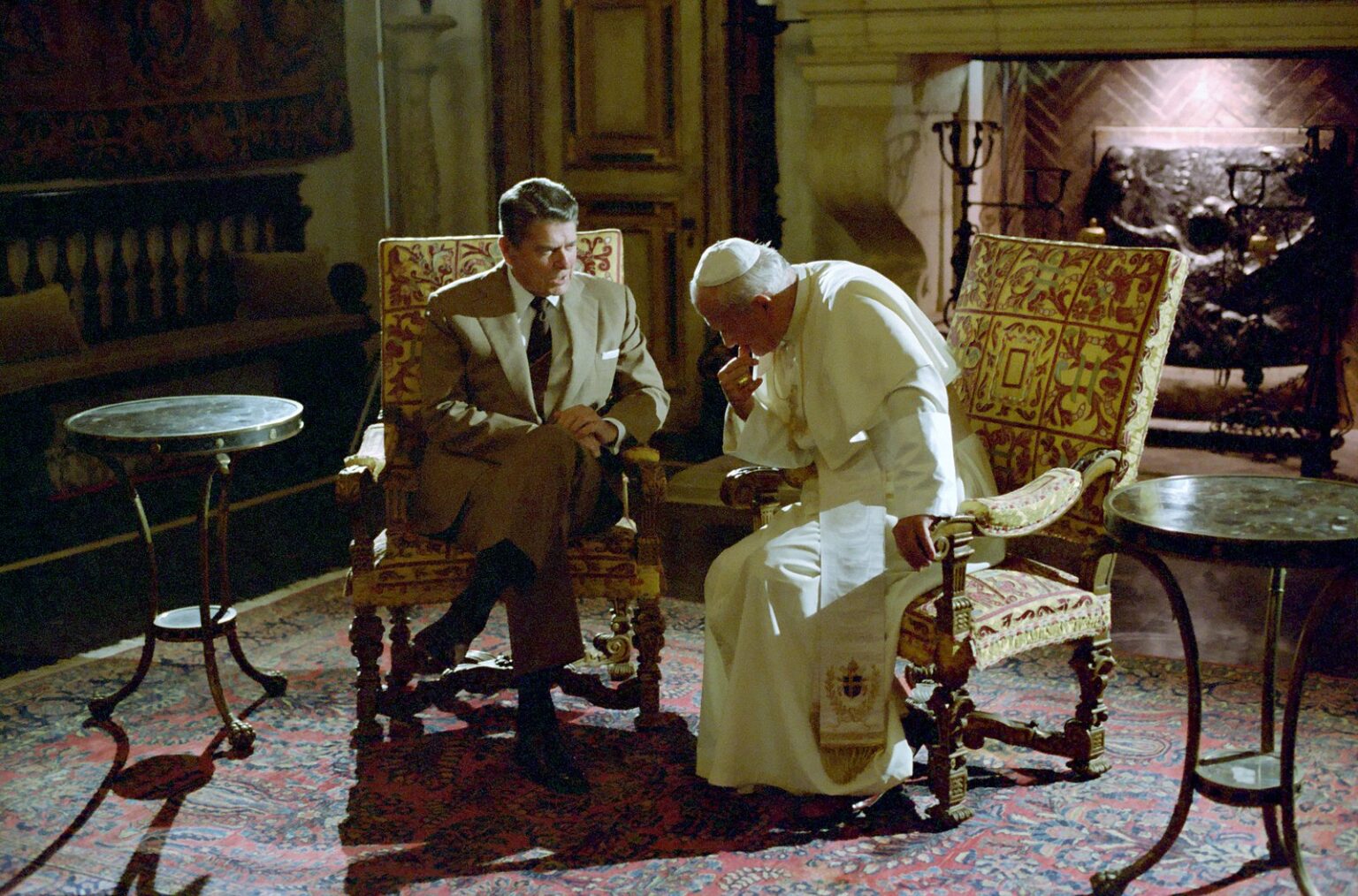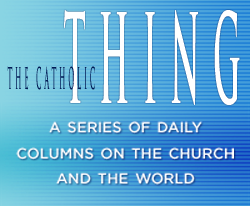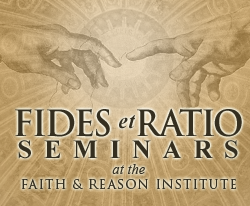The Next Pope? It’s Complicated
Written by Robert Royal
Monday, February 24, 2025
high-placed Cardinal complained this past week that some people – particularly some traditional Catholics – are hoping that Pope Francis will die. There are such Catholics, and their open disrespect for the successor of Peter, whatever his record, is simply wrong. But the way that they and the whole world take notice when the Pope of Rome may be exiting this mortal life to be replaced by another head of a Church that numbers nearly 1.4 billion members indicates that, despite all the problems and outright failures of Christianity in the modern world, its historic leader (in some ways even for many Protestants) still matters.
At this moment, when the pope is in critical condition, it’s only natural for people to look around and wonder: Who would be the best person to lead the Church as we enter the second quarter of the twenty-first century?
It’s an impossible question to answer, and there’s great wisdom in the old Roman phrase Chi entra papa in conclave, esce cardinale (“Who enters a conclave as pope exits as a cardinal.”) There have been just too many “frontrunners” who were never chosen. But if you’re looking for information, the best place is The College of Cardinals Report.
Besides, it’s only seemly to wait until the current occupant of the Chair of Peter has passed on before speculating. But it’s useful – not only for those of us who will live under the next pope but for the next pope himself – to consider not who but what we will need in the next few years. And the simple answer to that question is: It’s complicated.












